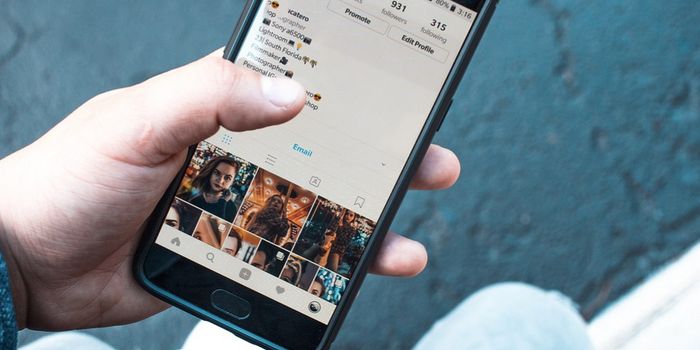Mylan, makers of the famed EpiPen recently came under public fire for increasing the price of its life-saving device to over 500 percent. Relenting to intense pressure, the manufacturer issued vouchers intended to slash some out-of-pocket costs for consumers. Now, in its latest attempt to appease consumers and lawmakers, Mylan announced the launch of a generic version of the EpiPen priced at half of its brand-name product.

This brouhaha is the latest example of what critics are calling as blatant drug price hikes by the “big pharma.” Earlier this year, Turing Pharmaceuticals was heavily criticized for changing the price of a drug, Daraprim, from $13.50 to a whopping $750 per tablet. By comparison, the price hike for the EpiPen isn’t as bad, but it’s still significant and cost-prohibitive for consumers. In 2007, Mylan charged around $100 for a 2-pack of the EpiPens; now, the price has soared to over $600.
To be sure, no one is debating the medical importance of the EpiPen. These are classified as epinephrine auto-injectors that can mean the difference between life and death for people who have severe anaphylactic reactions. What people are outraged by is the seemingly insensible price boost.
It also didn’t pass notice that the CEO of Mylan, Heather Bresch, received a particularly enormous salary bump in the same time frame (from $2.5 million to close to $19 million annually). It was also Bresch who intensely led the lobbying campaign that required schools to have EpiPens available for students.
The price hike got the attention of Senator Charles Grassley who
formally asked Mylan to explain their pricing.
In response, Mylan cited the high costs of lobbying efforts and the changing structure of insurance plans. "Because of the complexity and opaqueness of today's branded pharmaceutical supply chain and the increased shifting of costs to patients as a result of high deductible health plans, we determined that bypassing the brand system in this case and offering an additional alternative was the best option," said Bresch in a statement.
But no one is buying it.
To alleviate the pressure, Mylan tried to offer vouchers for the brand-name devices. But critics say this tactic does nothing to lower the actual cost of the EpiPens for insurers and other entities.
And now comes the announcement of a cheaper, generic alternative of the EpiPens … by none other than Mylan itself. "The weirdness of a generic drug company offering a generic version of its own branded but off-patent product is a signal that something is wrong," said Robert Weissman, president of the consumer group Public Citizen. This is to say critics see Mylan’s generics as still a masked form of price-gouging.
The furor over Mylan and the EpiPen has the potential to spill over to other manufacturers and drugs/devices. Perhaps then this could be the stimulus for more transparency between drug manufacturers, policy makers, and the consumer.
Additional sources:
NPR,
StatNews
 This brouhaha is the latest example of what critics are calling as blatant drug price hikes by the “big pharma.” Earlier this year, Turing Pharmaceuticals was heavily criticized for changing the price of a drug, Daraprim, from $13.50 to a whopping $750 per tablet. By comparison, the price hike for the EpiPen isn’t as bad, but it’s still significant and cost-prohibitive for consumers. In 2007, Mylan charged around $100 for a 2-pack of the EpiPens; now, the price has soared to over $600.
This brouhaha is the latest example of what critics are calling as blatant drug price hikes by the “big pharma.” Earlier this year, Turing Pharmaceuticals was heavily criticized for changing the price of a drug, Daraprim, from $13.50 to a whopping $750 per tablet. By comparison, the price hike for the EpiPen isn’t as bad, but it’s still significant and cost-prohibitive for consumers. In 2007, Mylan charged around $100 for a 2-pack of the EpiPens; now, the price has soared to over $600.







